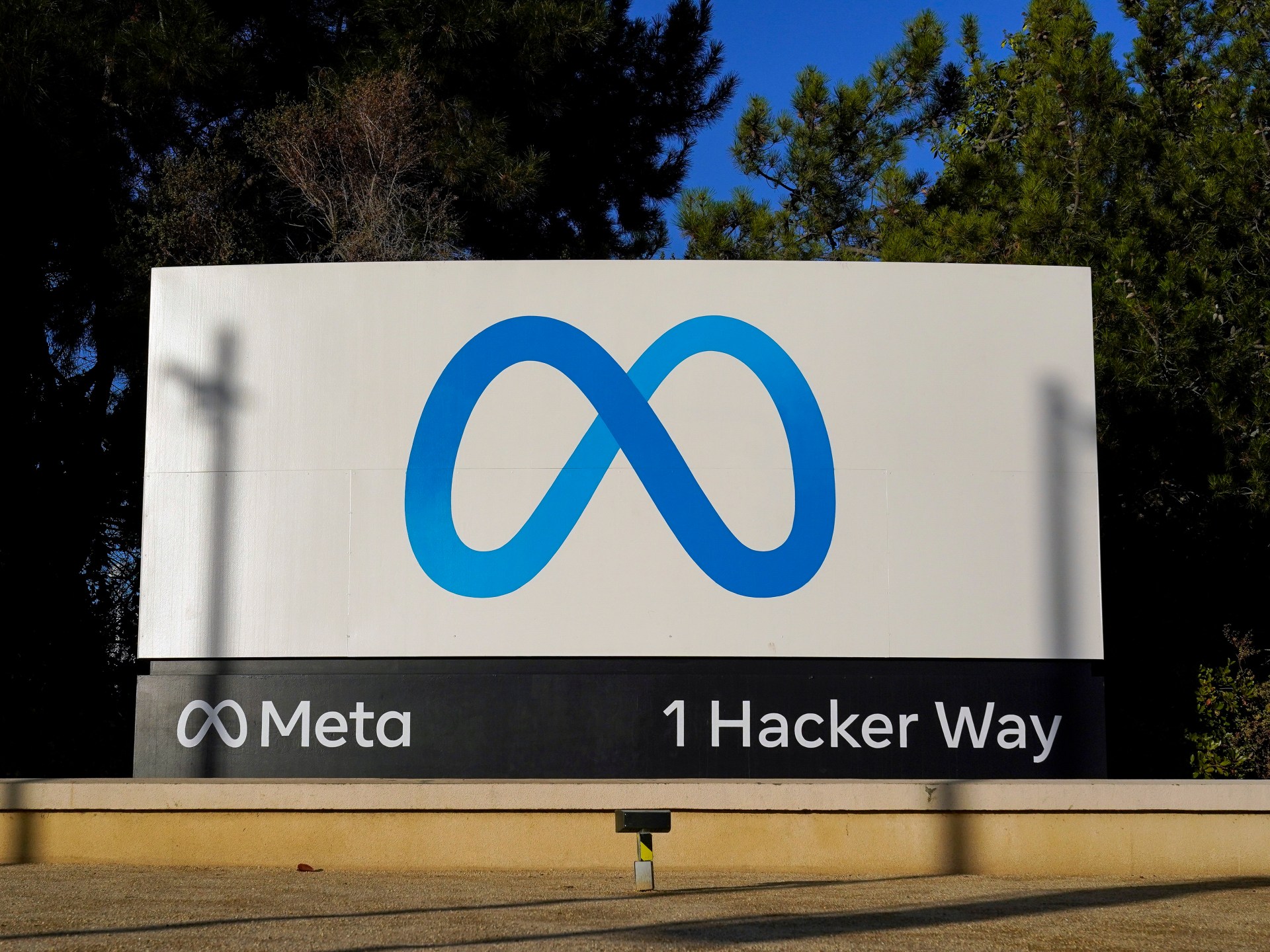Beginning in October, Meta will stop running political and social issue advertisements on its European Union platforms.
In response to legal uncertainty surrounding the new rules for political advertising, Facebook and Instagram’s parent company made the announcement on Friday.
The Silicon Valley-based social media giant is a step up from Alphabet, the parent company of Google, which made the same choice in November.
Concerns about disinformation and foreign interference in elections across the 27-country bloc led to the creation of the Transparency and Targeting of Political Advertising (TTPA) regulation, which will take effect starting on October 10.
Big Tech companies must clearly label political advertising on their platforms, disclose who paid for it, and how much, and specify which elections are being targeted in accordance with the law, or face fines of up to 6% of their annual turnover.
In a blog post, Meta stated that “we will no longer allow political, electoral, and social issue ads on our platforms in the EU as of early October 2025.”
In response to the EU’s incoming Transparency and Targeting of Political Advertising (TTPA) regulation, which poses significant operational challenges and legal uncertainties, the company said.
According to Meta, Europeans would ultimately suffer as a result of the EU regulations.
We think personalized advertisements are essential for a wide range of advertisers, including those running campaigns to inform voters about significant social issues that influence public discourse,” the statement read.
“Regulations, like the TTPA, significantly impair our ability to provide these services, affecting both the ability of voters to access comprehensive information as well as the effectiveness of the outreach of advertisers.”
The European Commission is currently looking into Meta’s Facebook and Instagram because they allegedly failed to combat deceptive advertising and disinformation in the lead-up to the 2024 European Parliament elections.
The Digital Services Act, which places a greater emphasis on fighting illegal and harmful content on platforms than it does for Big Tech, could result in fines of up to 6% of their global annual revenue.
TikTok, a ByteDance company, is also in the EU’s crosshairs because of its alleged failure to stop election interference, most notably in the Romanian presidential election in November.
In the United States, political advertising by Meta has long been a problem. CEO Mark Zuckerberg settled a lawsuit brought by shareholders last week over alleged privacy breaches.
Source: Aljazeera

Leave a Reply